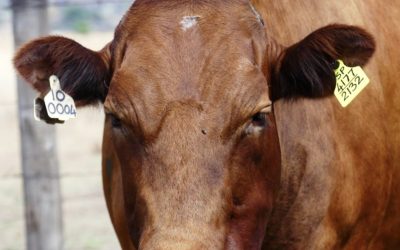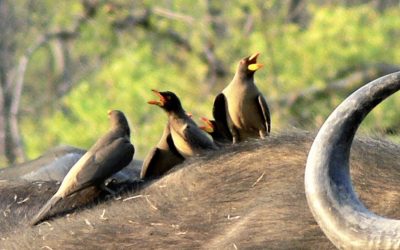FAQs
Frequestly Asked Questions
What is the Nkone cow, and where is it primarily found?
The Nkone Cow is a Zimbabwean neck-humped African Taurus Sanga breed of cattle, originally from the Ethiopian Region, which has adapted to African conditions for over 8000 years. The Nkone thrives in its home range of Matabeleland but has adapted to the whole of Zimbabwe.
What is the historical significance of the Nkone cow?
Historically the Nkone originated in North Africa from the European Bos taurus, African Bos taurus and Zebu Bos indicus from the Indus Valley in Asia. The Bantu migrations down Africa brought with them our Indigenous Breeds, and after hundreds of years finally reaching Southern Africa around 300-400AD. The Nkone then migrated North from Kwa Zulu Natal with the Ndebele tribe when they left Zululand. King Mzilikazi and the Ndebele nation eventually settled in Matabeleland near the present city of Bulawayo where they and Nkone cattle still exist.
How does the Nkone cow contribute to sustainable agriculture?
The Nkone adaptation to harsh conditions and ability to reproduce even in poor veld conditions makes it sustainable over a wide range of production systems including Commercial, Small Scale and Communal Livestock producers.
Are there any unique health considerations for the Nkone cow?
Due to its adaptability and survival over thousands of years in Africa’s worst parasite and disease-ridden areas, the Nkone has built up resistance to many of the prevalent disease challenges of today.
What is the economic significance of the Nkone cow?
Adaptability and moderate size have produced a very efficient cow in the Nkone. Invariably the Nkone will be more productive per hectare in most veld and rainfall conditions at a lower maintenance cost than many breeds.
What distinguishes the Nkone cow from other cattle breeds?
Moderate size, feminine cows and masculine bulls. Nkone are horned and multi colour patterned. The typical red and white “Nkone” colour pattern is much favoured. The multi coloured and patterned hides have always played a large part in the culture, traditions and spiritual life of the Ndebele people. Different Ndebele fighting regiments were distinguished by their hide shield colour pattern from herds bred for that specific colour pattern.
What is the typical lifespan of an Nkone cow?
An average Nkone cow will remain productive, producing a calf every year to at least 8 years of age and many up to 12 years. The Nkone is renowned for its longevity.
Can the Nkone cow adapt to different climates?
Absolutely, the Nkone does equally well in the high rainfall sour-grass Highveld as it does in the low altitude South Eastern Lowveld sweetveld and very low rainfall.
Are there conservation efforts in place for the Nkone cow breed?
The Zimbabwean Government appreciates the need to conserve this very valuable ancient breed to help make marginal areas more productive in livestock production. The Nkone Society is active and promotes new members and registrations of Nkone cattle, resulting in a steady increase of both members and registered Nkone.
How can I get involved in supporting the Nkone cow and its community?
Love and cherish this very special and beautiful breed and join the Nkone Cattle Society of Zimbabwe and play an active part.



